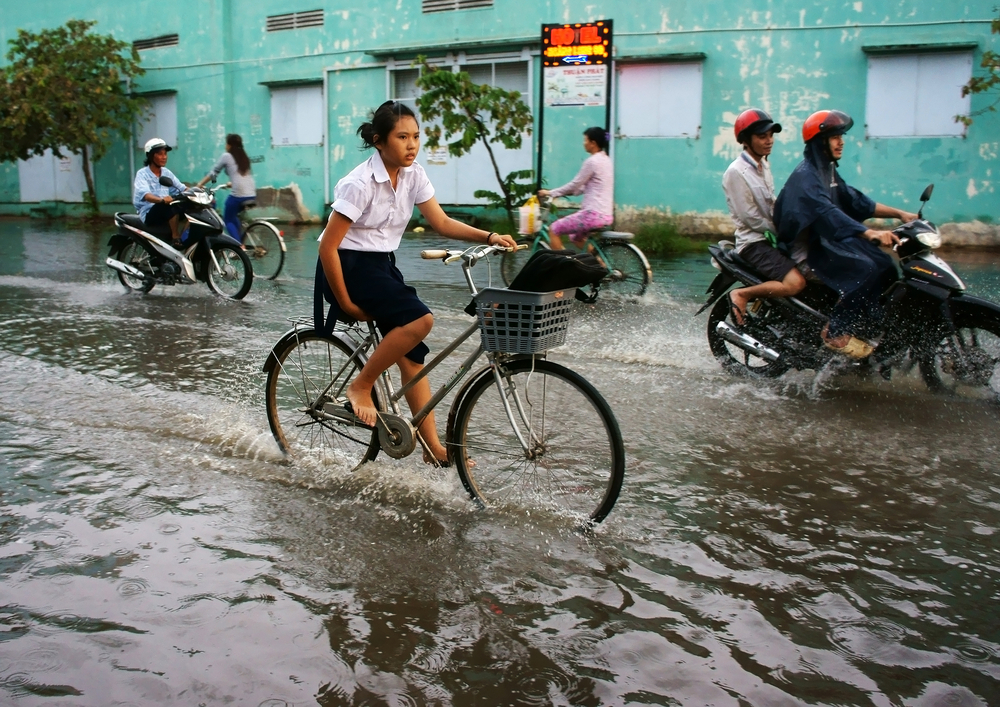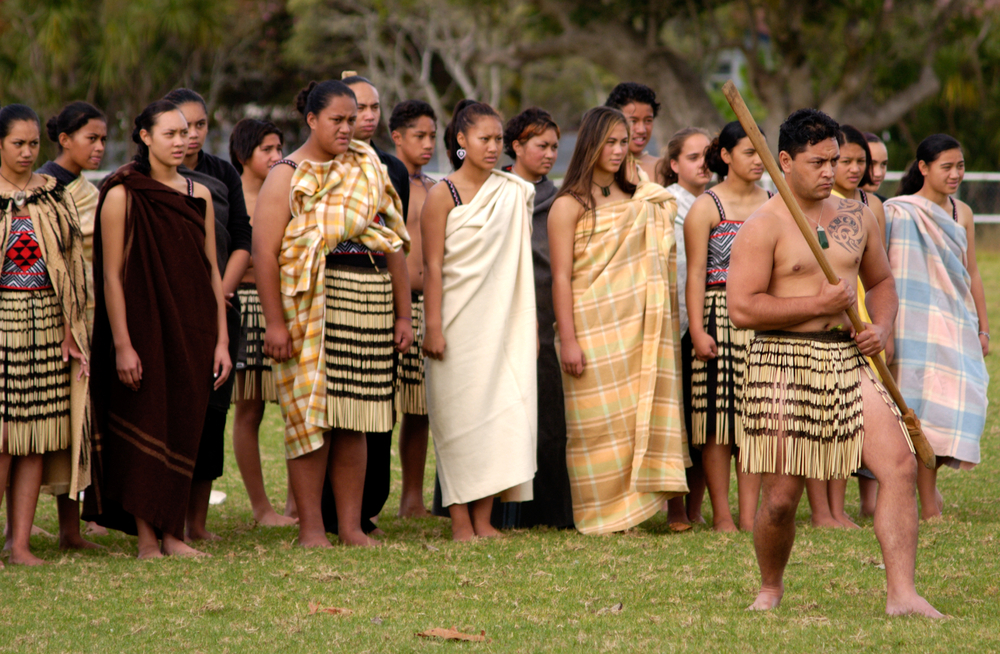Can you cut 1 Tonne of carbon pollution out of your life?
Take the challengeWritten by Shana Gallagher
When it comes to climate change, we've moved passed the point of pushing data and wheeling out pictures of a lonely polar bear on an ever shrinking island of ice. The climate crisis is no longer solely an issue of environment. It's a moral crisis and women are paying the price.
The inequality of suffering
Women overwhelmingly carry the burden of productive and parenting responsibilities in many poor countries, especially in communities that still rely on agriculture. This is because in economies that still depend on agriculture and the environment, women often have less access to opportunities, or control of resources such as money, education, healthcare, and even human rights. "Further drivers of gender inequality stem from social exclusion from decision-making processes and labor markets, making women in particular less able to cope with and adapt to climate change impacts".
The recent outbreak of the Zika virus is a disturbing example of the health impacts of climate change primarily putting women and children in danger – and these examples will only become more common. When not threatened by a rising frequency of diseases and outbreaks, women are increasingly at risk from extreme weather events: whether it be because men are prioritized during rescues, or receive better care and services afterwards and during resulting food and financial shortages, these inequalities have disastrous consequences for the safety of women. In fact, "Women and children are 14 times more likely to die than men during a disaster. In the 1991 cyclone which killed 140,000 in Bangladesh, 90% of victims were women" (Aguilar, 2004).

"Similarly, in industrialized countries, more women than men died during the 2003 European heat wave. During Hurricane Katrina in the USA, African-American women who were the poorest population in that part of the country faced the greatest obstacles to survival". Even here in our country, women are on the front lines: "in rural areas of Australia, drought causes massive problems for farmers and their families. There is an increased pressure on women to provide support for the family, not only practically but also emotionally… there are limited outreach services for women to engage in action on climate change, and this, like in the developing world, perpetuates the problem. If women living in rural Australia can't access community solutions to climate change, they can become easily stuck in a rut, stressed out and feel emotionally defeated."
Though our changing climate paints a grim picture for the future, and especially for women, it also presents a golden opportunity to achieve more equitable societies.Climate change responses cannot be effective unless they are gender aware, taking into consideration the different needs of women and men, the inequalities that compound the impacts of climate change for women and the specific knowledge women and men can contribute to solutions-
Women need the vote
The global community will not be able to confront the climate crisis, especially in poor and vulnerable nations, unless women are given more influence and power within decision-making processes. This is partly because women "are the 'first' to notice the evidence and details of climate change patterns, and are aware of the consequences of these, not only for themselves, but also for their communities and land... Women hold critical knowledge, highlighting the importance of consulting them for purposes of developing policies and strategies that meet the needs of climate change adaptation at various levels".
There is an essential link between female empowerment and climate solutions. Women have been shown to be more knowledgeable both about climate change, and more concerned about its consequences. In order to be effective, local, national and international policies must be conscious of gender inequalities, not only in terms of the environment, but also regarding access the healthcare and financial resources. An increase in the position of power that women hold in society will not only help our global fight against the climate crisis, but will also lead to greater social justice gains across the board. This is not even to mention the, "positive relationship between the proportion of women on top management teams and organizational performance,"meaning that women in power are better for the planet's, and the company's, bottom line.
Despite the disproportionate burden of climate change on women, we are also uniquely positioned to confront this ecological and moral crisis.

Women are important and extraordinary agents of change, and are a critical part of the solution to environmental problems, as well as many other social justice issues.-
Read this next: The Rubber Jellyfish Phenomenon
WE ARE WOMEN AND GIRLS FROM EVERY CORNER OF THE PLANET BUILDING A LIFESTYLE REVOLUTION TO FIGHT THE CLIMATE CRISIS, WILL YOU JOIN THE MOVEMENT?
